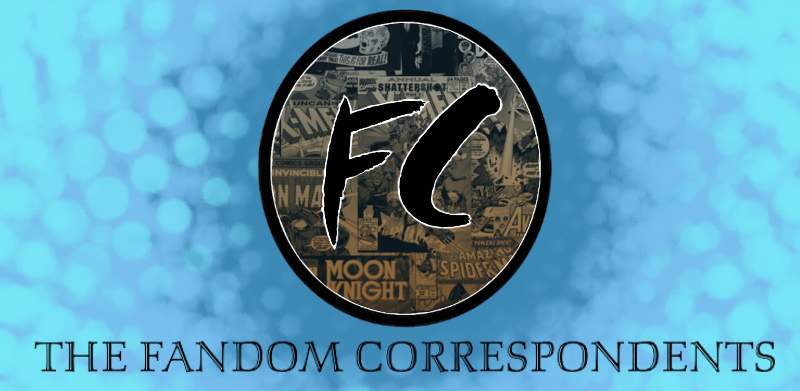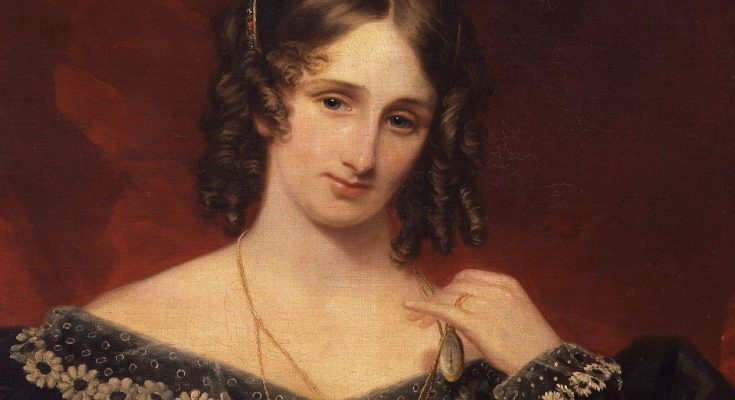Hello, and welcome to week 3 of Fandom Horrorfest 2020! It’s crazy that we’re already at 3 weeks into the spooky season. This week will focus on horror writers, their books, their film adaptations, and the contributions they have made to horror. We wouldn’t have many of our favorite horror movies and games if it weren’t for the writers behind them, so let’s spend a week devoted to the often unsung heroes of horror!
Mary Shelley
It’s difficult to think of a figure in horror that has been more influential than Mary Shelley despite the fact that few people give her the respect and significance that she is due. Best known for her landmark gothic horror novel Frankenstien, Shelley really pioneered the application of science fiction to the horror genre. Further, she was a great Romantic writer (the movement, not so much the modern genre) and a political figure whose works have gotten more historical attention over the last 20 years.
There’s a lot to unpack in Frankenstein, and most of you probably received the book as a reading assignment in school and (hopefully) have read it. It’s a story of a scientist who pushes the limits of science and morality to give life to a homonculus of a man and the village people’s reaction to this apparent affront to God’s creation. From the implications of Dr. Frankenstein’s attempts to play God to the mob mentality that the people take towards something they don’t understand, Shelley effectively utilizes horror to ask questions about human nature and behavior and boldly poses the question of who the real monster in the Frankenstein story is. It’s a classic tale, but I would pose that Shelley’s own life offers even more horror to be considered.
Shelley’s own life was one of personal tragedy and horror. She spent a lifetime with her husband Percy Shelley, working arduously to help him publish his own writings, often to the neglect of her own promising career. She lost a child shortly after birth and had to contend with her husband’s affairs as she grieved. Much of her writing was reviewed with severe gender bias, and–perhaps one of the more unfortunate things about her legacy–revisionist historical scholars spent decades trying to discredit her as an author and transfer writing credits of Frankenstein to her husband, Percy Shelley. Thankfully, more modern historical academics have more accurately ascertained that Frankenstein was indeed Mary’s work with her husband at most contributing sparse edits to the manuscript, but the damage has irrevocably been done. It’s morbidly appropriate, in a way, that Shelley spent most of her life writing about the more base natures of man and the societal oppression of women for her posthumous reputation to be trampled and nearly robbed by pretentious male scholars seeking some form of their own literary glory. Frankenstein was successful in Mary’s time, earning stage adaptation within a few years of its publication, and I can only imagine how she felt watching her own brainchild come to life as the people around her showed off their own monstrous desires and habits.
A work as prolific as Mary Shelley’s Frankenstein has been adapted to film several times over. The 1931 production is considered a classic, but if you want something a bit more modern I would suggest 1994’s adaptation. It covers much of the novel’s content as well as some of the additional lore that has been added over the years.

